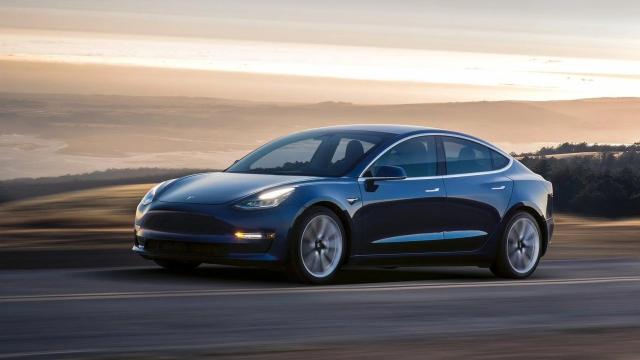In the U.S., if you want a Tesla with heated rear seats, you have a couple of options. First, you can pay Tesla $US300 to have them activated. That’s the easy route, but it’s also frustrating to know your car is equipped with heated seats that you have to pay to use. Alternatively, as Patrick George reports in The Atlantic, you can simply hack your way in and activate the heated rear seat option yourself. That’s the option three Ph.D. students from Technische Universität Berlin and an independent researcher went with recently.
Hacking into your own car isn’t exactly easy if you don’t know how to use computers, but it’s an exciting option for those who have the skills to break into automakers’ software and unlock free options that otherwise would have been paywalled. It’s also likely to become more common as more automakers roll out subscription features such as additional power and hands-free driving.
As the Atlantic points out, there is also a lot of interest from automakers looking to increase profits with software, in-car entertainment, subscriptions and other downloadable features. That kind of stuff continues to generate revenue for them long after you’ve bought your car, and no automaker is going to be able to resist the temptation to make more money. In the article, a Hyundai executive is quoted saying their goal is to have post-sale purchases account for 30 percent of future profits.
The biggest risk, however, isn’t that hackers will find ways to jailbreak their cars. That’s not something most people are going to do. What’s incredibly concerning is the potential for hackers to do things that are much more malicious. A vulnerability in the app that’s connected to your car could allow someone to steal the credit card information stored in the app. And that’s just one example. As we learned recently, cars collect an absurd amount of data on their owners. Not only could malicious hackers find your home or office, but they could also track where you’ve been and rat you out for visiting an abortion clinic.
What’s worse is that when vulnerabilities are found, many automakers aren’t always quick to respond. “I worry the industry isn’t agile enough,” one expert told The Atlantic. “These companies don’t know how to move fast here.”
The whole article is a fascinating read and goes much deeper than we can cover here, so head over to The Atlantic to give the whole thing a read.
Image credit: Tesla
Want more Aussie car news? Here’s every EV we’ve reviewed in the last two years, all the EVs we can expect down under soon, and our guide to finding EV chargers across the country. Check out our dedicated Cars tab for more.
